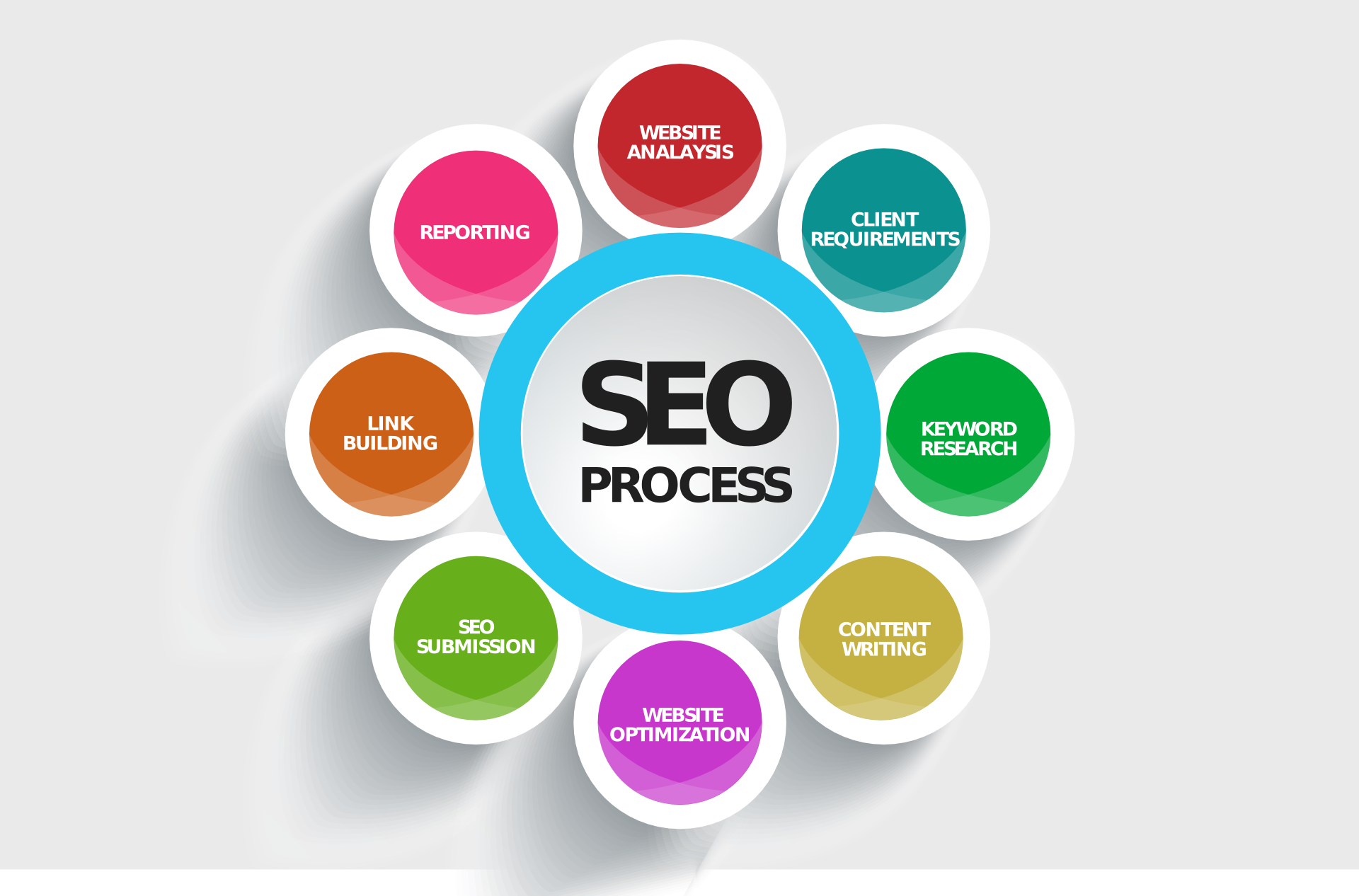Monitoring the SEO (Search Engine Optimization) health is essential for any website to maintain its search engine ranking and search results. You never know when an SEO issue left ignored can hit your ranking and impact your business adversely. Website owners need to take care of several SEO metrics regularly and be proactive to fix the issues that may lead to low performance. This post explains the most important SEO health metrics that need regular monitoring to maintain the performance of a website.
Organic traffic :
Your website ranking is useless unless it brings you traffic. Tracking your organic traffic is an indicator of your SEO performance. An increase in visitors coming through search engines indicates that your rankings are increasing. Organic traffic is one of the most important metrics that you can track. While other metrics also show a trend, organic traffic provides you with quantifiable proof that your efforts are working to bring more visitors. However, the quality of the traffic depends on the keywords you’re ranking for.
Keyword rankings :
Ranking of important keywords is a vital part of any SEO campaign, as high keyword rankings drive more traffic to the website. There are plenty of tools that will help you to conduct the keyword research, and track your website’s rankings over time. You can also search at Google Search Console to look for the keywords that drive most of the traffic to your website. As Search Console is a free-to-use platform, you can set up your website on it if you haven’t already done it. If you find it difficult to conduct the keyword research, you should get a monthly SEO maintenance plan to improve your keyword rankings.
Backlinks and Referring Domains :
Backlinks are another most important metric and ranking factor in the SEO Analysis. You should track the backlinks pointing to your website. Keeping track of your backlinks and referring domains provides you with an estimate, how good your SEO efforts are working. A large number of backlinks might not immediately lead to better rankings (especially if the links are from low-quality domains), but they show positive results in the future. The quality and relevancy of backlinks also matter, and you should always use the backlinks from reputed websites.
Bounce Rate :
The bounce rate is defined as the percentage of single-page sessions in which the visitors left your website without interacting with the page. A low bounce rate indicates that the visitors have found your website interesting or useful.
On the other hand, a higher bounce rate on a particular page might not be a bad thing, as it could just be that the user’s search query was answered on that page and they are satisfied. You should set up an event tracking to track the success of a page, even if you expect to have a high bounce rate on it. It is better to subscribe to a quick SEO plan to improve the bounce rate of your website.
Click-Through Rate (CTR) :
The click-through rate (CTR) is another important metric to track the success of a website. Organic CTR is the percentage of clicks to impressions for your site in Google search. As you work on improving the CTR of your site, you may see an improvement in your keyword rankings. When Google sees that more people click on your website for a specific keyword as compared to other websites, it makes perfect sense that they would rank your website higher on search engines.
Final words :
There are many other metrics that you need to track to evaluate the performance of your SEO campaign. However, the above-mentioned metrics are the most critical in determining the SEO health of any website. A monthly SEO monitoring campaign is essential to monitor the important metrics and fix any issue at the right time. Tracking these metrics regularly and working on them will help you to improve the ranking and organic traffic on your website.
Read Also :
























